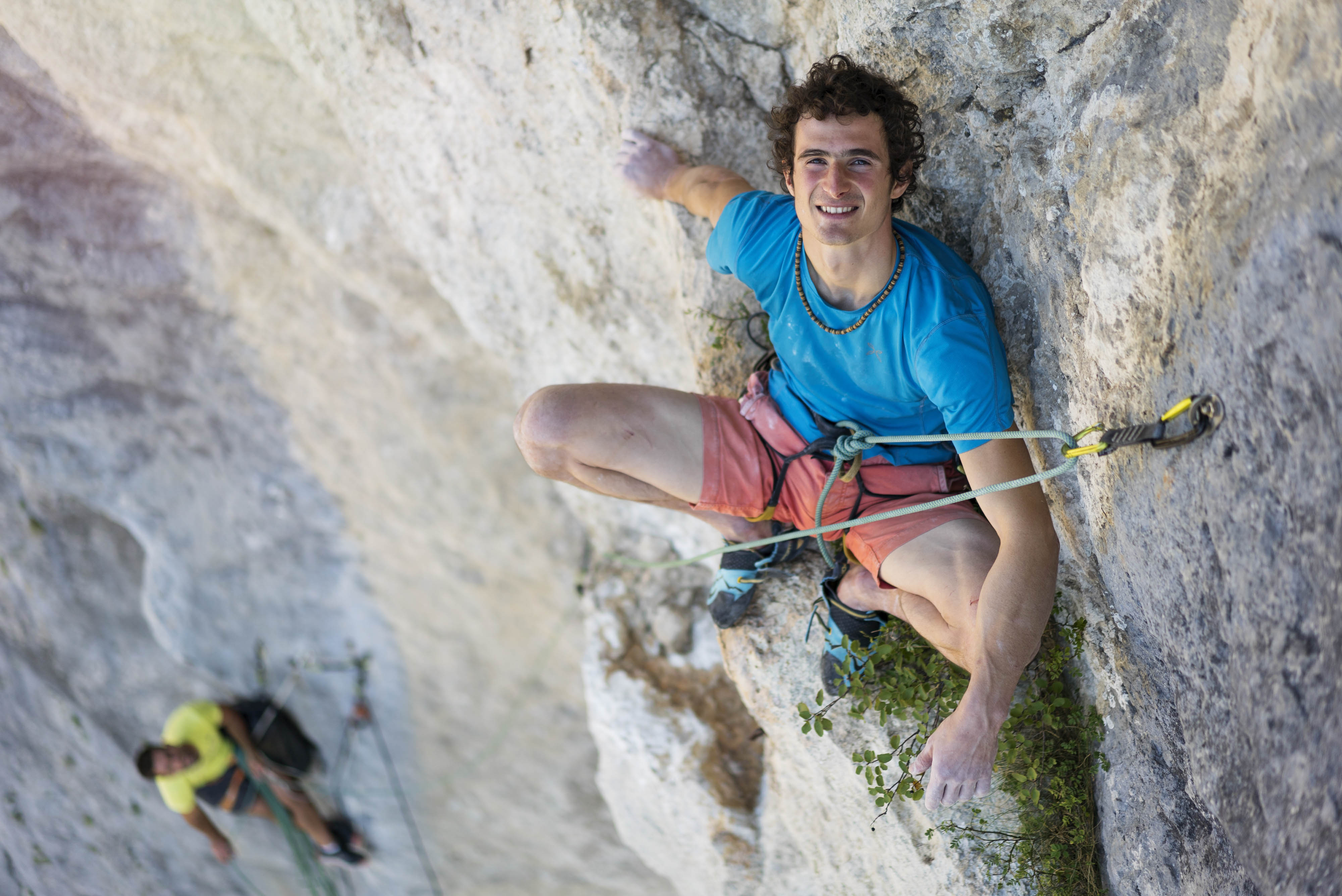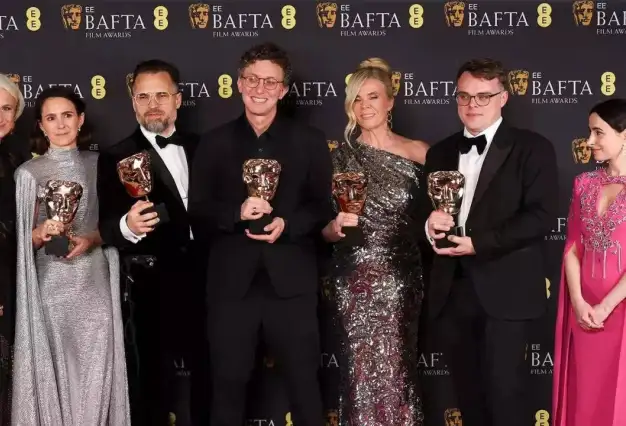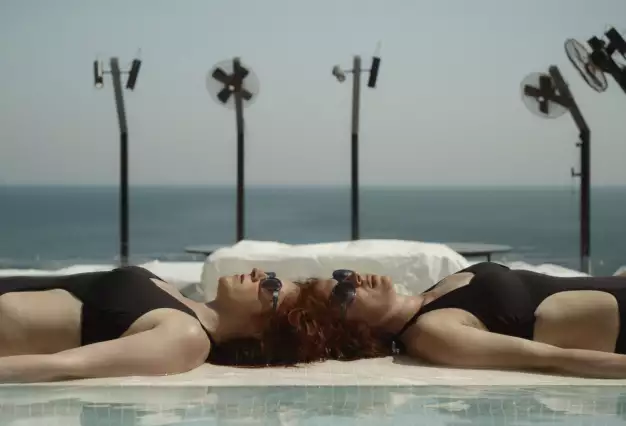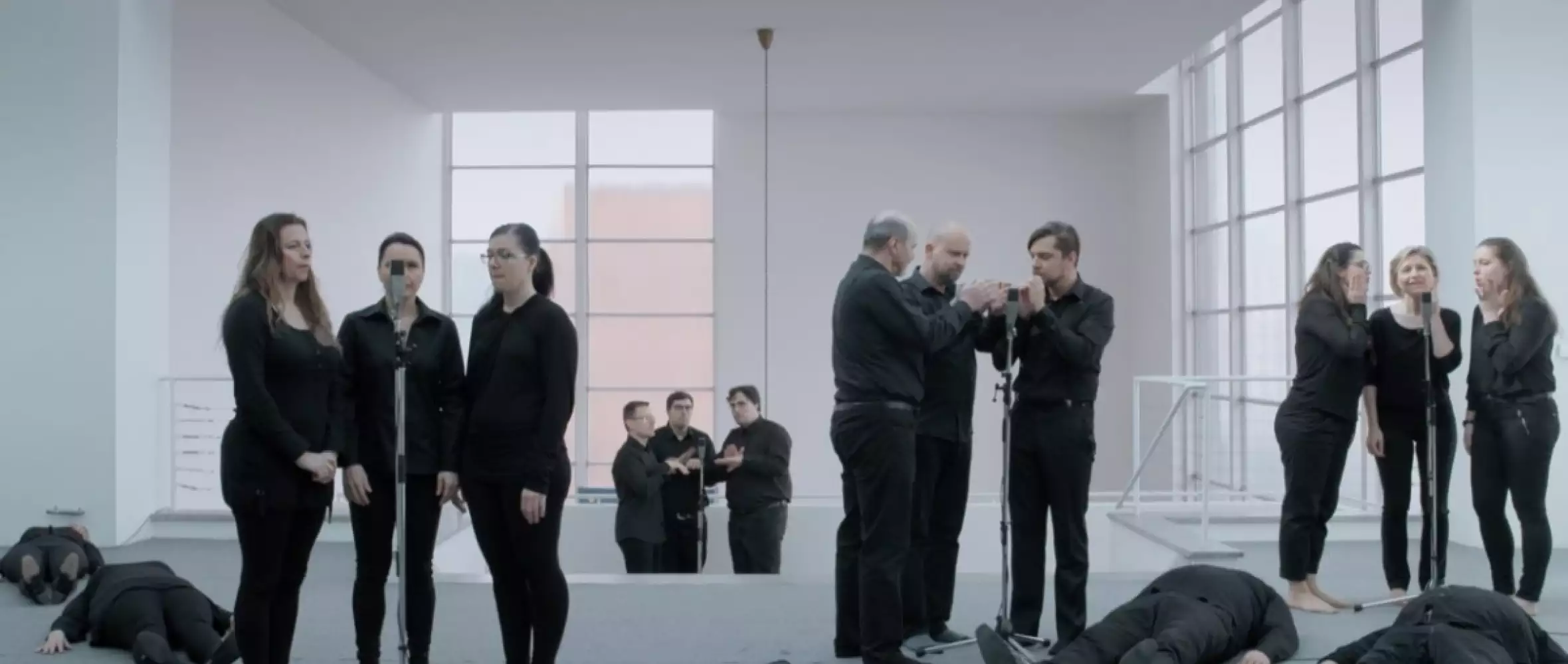
08 April 2022
Visions du Réel debuts the lives of two extraordinary Czechs
Visions du Réel debuts the lives of two extraordinary Czechs

This year’s Visions du Réel will host the world premiere of two Czech documentary films featuring two unique biographies. The prestigious Burning Lights Competition, which screens works with a progressive approach to cinematic language, will include the documentary opera Kapr Code by Lucie Králová, a film in song that brings to life the complex legacy of forgotten composer Jan Kapr (1914–1988). In the Grand Angle competition section, the festival will present Adam Ondra: Pushing the Limits by Jan Šimánek and Petr Záruba, a portrait of the world-renowned sport climber Adam Ondra, which looks past his persona as an influencer to offer an intimate study of personal success.
Article by Martin Svoboda for CZECH FILM magazine / Summer 2022
Kapr Code: Life as a Composition
Kapr Code brings together renowned filmmakers and musicians to create a one-of-a-kind audiovisual experience in the form of a documentary opera. Director Lucie Králová (Crystal Globe for Best Documentary for Lost Holiday at the KVIFF 2007) and librettist and opera director Jiří Adámek have reconstructed Kapr’s dramatic and ambivalent life story on the basis of his previously unpublished private archive, which, in addition to a number of experimental scores, as well as propagandistic and symphonic compositions, included many unopened boxes of romantic and political correspondence, tapes of Kapr’s voice, and six hours of 8mm amateur films, often humorous acted sketches captured by Kapr and his friends and family.
Králová and Adámek have succeeded in transforming these archival materials into an operatic libretto that brings to life the personal, creative, and political moments that were pivotal in Kapr’s life. With the libretto set to music by composer Petra Šuško, and the songs performed by the singers of the top-class Czech Philharmonic Choir Brno, Kapr Code reinterprets the composer’s homemade, originally silent 8mm films, soundtracked with his music and interconnected by stylized choreographies of choral singing.
Kapr’s name has been virtually erased from official memory. His story is a fascinating one, full of twists and turns and radical transformations, which the director seeks not to judge but to interpret from the perspective of today, to encode the traces the composer left behind. Kapr, who began his career as a staunch Communist, was Czechoslovakia’s most prolific composer of mass and propaganda songs, and was the only Czechoslovak to win the Stalin Prize, the East Bloc’s highest award, though he returned the prize in 1968 in response to Soviet occupation of Czechoslovakia, resulting in a lifetime ban on his work. His life was also marred by a serious injury that put an abrupt end to his youthful athletic ambitions.
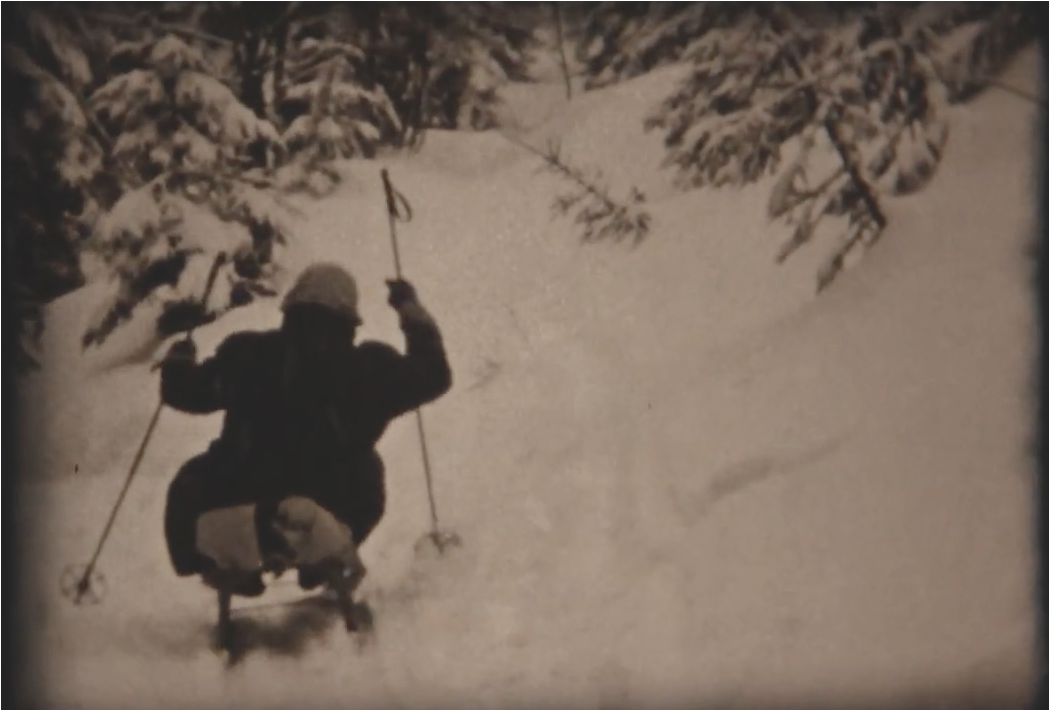
“The question we ask above all,” Králová says, “is, How can we relate to the legacy of Jan Kapr today? How do we read it and find an adequate film language for it?”
Kapr Code also thematizes more general questions of memory, asking how we determine what is essential in the composer’s contradictory legacy, and plays with the idea that Kapr himself is a coauthor of the film.
“Kapr seems to be preparing his archive for future processing, and there were times we would get the feeling he was counting on it all one day falling into the hands of someone who would continue to work with it. His films contain a wealth of footage and acted scenes that he clearly directed and in which he also acts as the main character. He had a sense for a certain kind of subversion and playfulness that we drew on in our search for the form of the film,” adds Králová and goes on: “Our film is subtitled Life as a Composition. Because Kapr composes not only his music but also his life. He is the author of his story, which he also filmed. The film thus ‘posthumously’ echoes his silent films with his own music.”
Králová explains that among the unique film material that Kapr left in his home archive are partially arranged scenes involving his entire family. They blend a quirky sense of humor with what is perhaps an attempt to cope with life’s difficulties. It took the creative team several years to process the archive, which the Kapr family made available to them.
“We also give presentations to the holes in the story, the blank spots in memory, where we don’t know exactly what happened. I see Kapr as a coauthor of the film. He made his later compositions using a technique of encryption, and his life, which contains many secrets, becomes a cipher as well.”
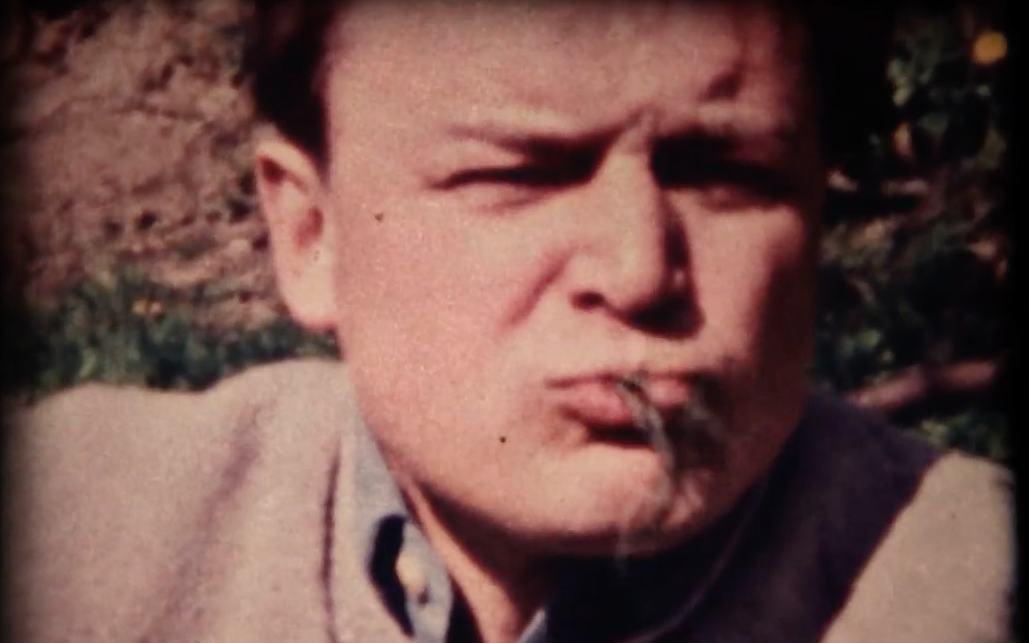
Kralová has chosen to respect the emphasis that Kapr himself placed on particular events in his life by recording them. “We look for recurring themes in the 8mm archive that Kapr recorded. For example, falling on skis, sledding, titmice, eating daisies. We measured the footage devoted to each theme, and invite the viewer to ask, What was more important to Kapr? Another symphony, endless meetings, or the titmice he constantly filmed? The film explores why Kapr paid attention to certain motifs in his films and connects them to the bigger picture of his life and times.”
Králová and her crew seek to decode Kapr’s legacy, to uncover analogies, gaps, connections, and fractures. “In his magnificent Stalin Prize-winning cantata In the Soviet Land, there is this phrase, ‘There is no death in that land, and there will be no death.’ Kapr seems to be trying to sleep his way into eternity. And we examine how he tried to do that. He was a man of many contradictions, an athlete and an invalid who won an award at the Olympics for his composition; a socialite and a dissident, married and divorced, with a unique sense of humor, who overcame many difficulties. Kapr got into near-death situations several times, but was very resilient and emerged from his crises stronger. Just the fact that he learned to walk again after a near-deadly fall from the rings in his youth is incredible. He overcame many traumas, including an attempt to erase him from public existence. He served something he believed in at first, but was able to see it for what it was, take a risk and publicly confront it. Kapr was always testing where his place was, and it was inspiring to translate into the language of music and film how his story can touch us today.”
Kapr Code is a Czech-Slovak co-production, with DOCUfilm Praha (Martin Řezníček) and Mindset Pictures (Andrea Shaffer) as main producers, teaming up with Czech Television and VIRUSfilm inSlovakia. The Czech Film Fund supported the project with a production grant of EUR 40 000.
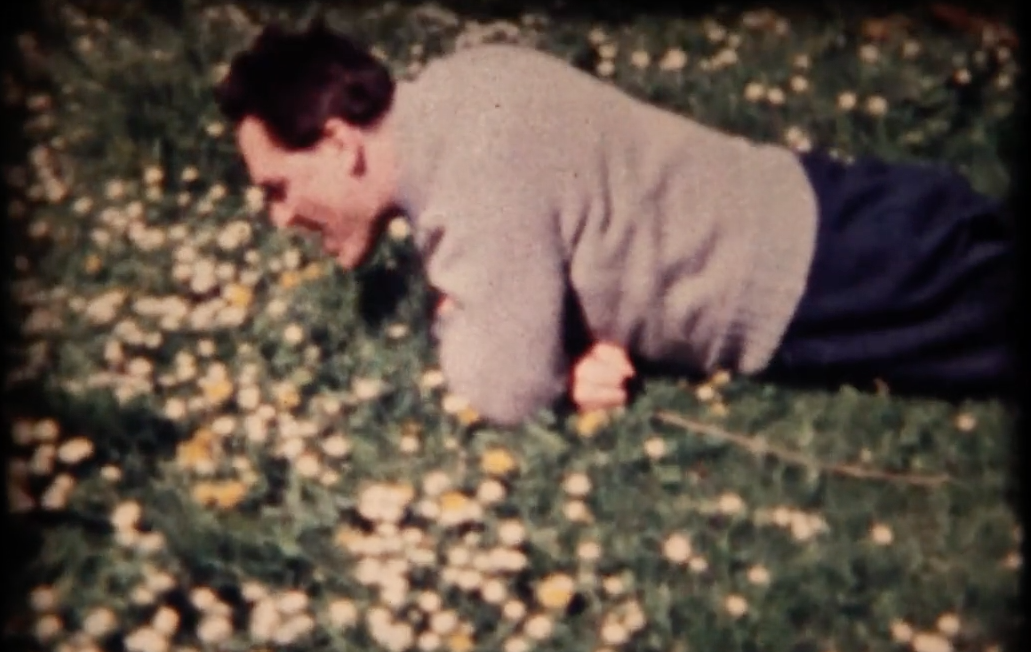
Adam Ondra: Pushing the Limits
Adam Ondra: Pushing the Limits is a fascinating look into one stage of the life of the world-famous Czech climber. The film depicts his training routine, focusing on the climber’s physical exertion and his emotional reactions to each failure or success. We also see hints of how exceptionalism interferes with his personal life. By not shying away from the bruises or the loneliness of the climbing wall, the filmmakers succeed in conveying a very intense experience.
“Our film isn’t a traditional biopic — the camera only catches a glimpse of Adam’s family. It isn’t about rehashing his biography,” says co-director Petr Záruba.
The film focuses on the climber’s approach to the challenge of preparing for the Olympic Games. “The postponement of the Olympics for a year extended our time with him,” Záruba adds, explaining the shift the film underwent in production.
Záruba manages to avoid the usual traps of portrait documentaries, the result being not a banal celebration, but an account of the hard work and determination that brings Ondra closer to his goals as a climber, but distances him from other people.
One of the film’s distinct assets is the uncompromising yet aesthetic cinematography of Jan Šimánek, who also serves as the second director. Šimánek had already worked with Ondra previously as a cinematographer on the TV docuseries Balkan Up and Down with Adam Ondra and is open about his positive relationship to him personally.
“I found the key to the film through my love of climbing and, first and foremost, Adam himself,” Šimánek says. “Our goal was to show the essence of success through his story. Adam is a superstar at the moment, everyone looks up to him, and that’s a very interesting starting point. His remarkable life trajectory struck me as great material, as long as we keep a critical perspective.”
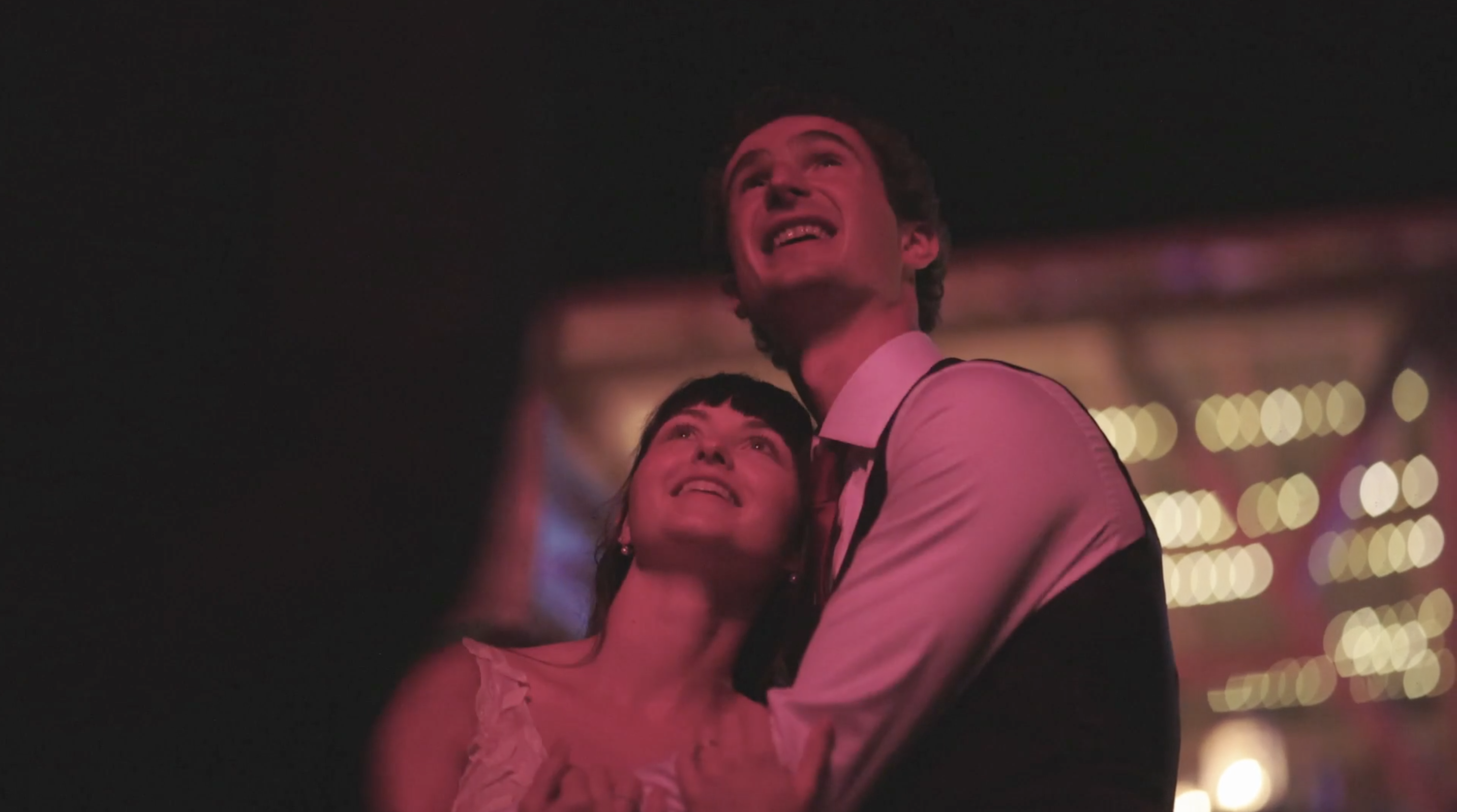
Still, despite their admitted personal sympathies, the filmmakers maintain a distance from their hero. Not every documentary crew would have the courage to portray some of the moments that complicate the romantic notion of success. For example, the film gives perhaps unexpected space to Ondra’s partner and later wife, Iva, who shares his love of climbing and is usually by his side — his literal lifeline. However, the gulf of ability that separates her from quite possibly the world's best climber in her category inevitably leads to moments of frustration. In one of the film’s most powerful scenes, as Ondra trains diligently over the heads of the crew, Iva Ondrová admits with tears in her eyes that in order for her husband to reach his maximum potential, she had to abandon her ambition to develop her own talent.
Ondra himself proved to be a challenging protagonist. The world-renowned athlete had already gotten used to the presence of cameras and had developed a way of performing for them that wasn’t ideal for the crew.
“Adam is very successful and interesting, but at the same time, he’s an introvert, and can’t express all his thoughts and feelings in words. He’s learned to talk to the camera thanks to his YouTube channel, but that isn’t authentic. When you’re there with him, you can feel his emotions, but it isn’t easy to transfer them to film,” Šimánek explains. “In the end, we decided there wasn’t much point in having conversations with him. We just had to wait and see as things unfolded around us.”
There were also several other hurdles the project had to overcome. Due to the pandemic, the filmmakers weren’t able to accompany Ondra to the Olympics, which logically should have been the climax to the story. Yet they were able to turn the limitations into positives, and the need to come up with unexpected solutions added something unique. Ultimately, it’s a film centered on the power of the moment. Much time is spent quietly studying the details of Ondra’s environment, the state of his body and mind, giving viewers the opportunity to see one of the most successful Czech athletes from a wholly new angle.
Adam Ondra: Pushing the Limits was made under the guidance of Alice Tabery (Cinepoint) in coproduction with Czech Television and the Italian production company Jump Cut. The film was supported by the Czech Film Fund with a total of EUR 64 000 for development and production.
